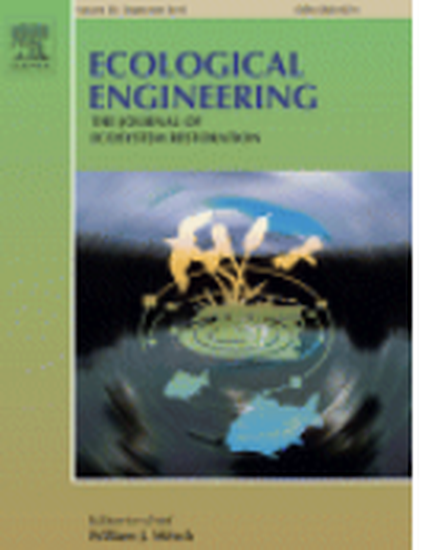
Article
Riparian vegetation communities change rapidly following passive restoration at a northern Utah stream
Ecological Engineering
(2013)
Abstract
Riparian vegetation may recover quickly from disturbance when the disturbance vector is removed or reduced. Grazing is a disturbance that removes plant biomass through herbivory, while overgrazing is a more severe disturbance that can deplete plant propagule pools and inhibit plant community recovery. We tested the hypothesis that riparian vegetation communities can shift quickly from ruderal grasslands to hydrophytic shrubs and graminoids when grazing is largely eliminated from riparian areas. We used a before-after-control study design to collect vegetation community data at six restored reaches and two grazed control reaches prior to and immediately following the construction of a cattle exclosure. We identified trends in Carex and Salix species abundance and quantified shifts in riparian vegetation community composition across time at each reach using PERMANOVA, multi-level pattern analysis and non-metric multidimensional scaling...
Disciplines
Publication Date
2013
DOI
https://doi.org/10.1016/j.ecoleng.2013.07.042
Publisher Statement
doi:10.1016/j.ecoleng.2013.07.042
Citation Information
Joseph M. Wheaton. "Riparian vegetation communities change rapidly following passive restoration at a northern Utah stream" Ecological Engineering Vol. 58 (2013) p. 371 - 377 Available at: http://works.bepress.com/joseph_wheaton/80/
